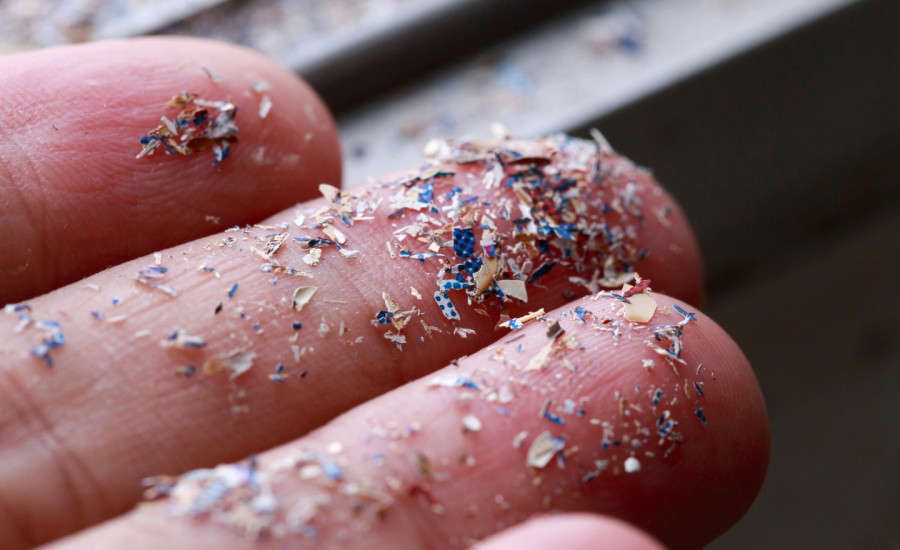11 Dec 2024

Tired Earth
By The Editorial Board

Wildlife photographer Dominic Biagini, the first to sight the breaching whale, shared his pictures: thick green cords drawn tightly across skin; water agitated into a white froth. Biagini wrote, “I don’t have the words to describe the heartbreak.”
The whale disappeared.
The whale’s tortuous journey created a brief media buzz, and its final fate is unknown. But it most likely joined the tens of thousands of whales and other marine mammals killed by plastic pollution and plastic fishing gear every year, sinking dead to the bottom of the ocean.
The plague of plastic in our oceans is steadily worsening, taking an increasingly deadly toll on whales, dolphins, seals and other marine mammals, not to mention other marine life.
A new report we at the Earth Island Institute’s International Marine Mammal Project just released chronicles that carnage, surveys the science on this growing epidemic, identifies the culprits in the plastic and fishing industries, and calls for specific policy solutions in plastic hot spots around the world.
Plastics plague our oceans, and marine mammals pay the price. They get strangled by plastic waste, filled with toxic microplastics and entangled in plastic fishing gear.
We’ve found:
The plastics plague is just our latest assault on marine life. Commercial harpoons pushed many whales and other marine mammals to the brink of extinction, before we banned commercial whaling. Plastic pollution and irresponsible fishing practices threaten to reverse decades of ocean conservation progress and doom many vulnerable marine species.
We simply can’t keep filling our oceans with plastic or waiting for future generations to clean up our messes. The time to act is now.
Dave Phillips is executive director of Earth Island Institute, a nonprofit environmental organization based in Berkeley.
Mark J. Palmer is a biologist by training and an environmental advocate for 50 years. He is the associate director of Earth Island Institute’s International Marine Mammal Project.
Their recent report, “The Plastics Plague: Marine Mammals and Our Oceans in Peril,” is a blueprint for reform.
Source : msn.com
Comment